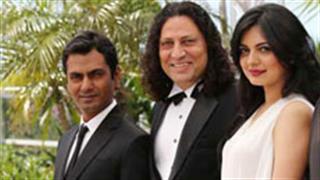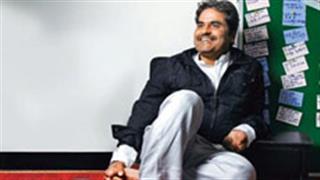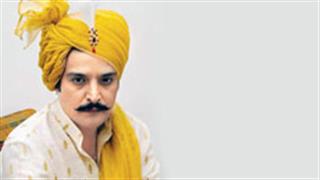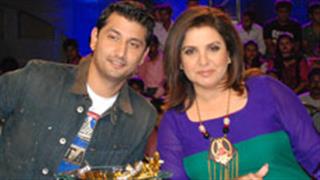To me, it's not just doing a film, it's also 'not doing standup comedy'. It's a break from standup comedy. " Here's what Vir had to say about comedy and films:
The 'Vir play take'
I improvise while doing films too, the way I do with standup. I develop a system with my directors where I do two takes - one for them and one for me. I call it the 'Vir play take', where once you have what you want as a director, I ask for one more take. And that's just my take to do something stupid, and the nice thing is that 30 per cent of those takes are usually approved.
Hi-tech audience
The Indian audience is very intelligent and sure about what they want, and they let you know what they want with the help of the social media that's so active today. They give positive or negative feedback about a film or a show within a short time.

Rules of comedy in India
Taking up a sensitive issue in standup comedy is not a problem, especially in India. It's a very fashionable thing to say that 'Indians don't have a sense of humour', but it's not true.
Sensitivity is not a problem, dishonesty is a problem. The standard rule of comedy is that 80 per cent of the people in the room should agree with your point of view. So, if I say that a politician is doing something stupid, everyone has to agree with me.
That's the fine line that you walk on in India; you have to know the pulse of the people. Then you can make fun of religion, politics or anything you like. You just have to stay intelligent, for which you must observe people and read.
The juggling act
Most actors have only one audience. But I am an actor who has three audiences - for standup comedy, films and music, and all are very large audiences. You can see me in a film on Friday, catch me at a rock show on Saturday and see me at Tata Theatre with 2000 people on Sunday.
And all of those audiences consume all of the content. So, the expectations from me are very high. When I do something in a film that's not so funny, and you have seen me be funny over the weekend, people don't like it.
All of my audiences collectively tell me that they expected better from me. That's a huge responsibility.




















